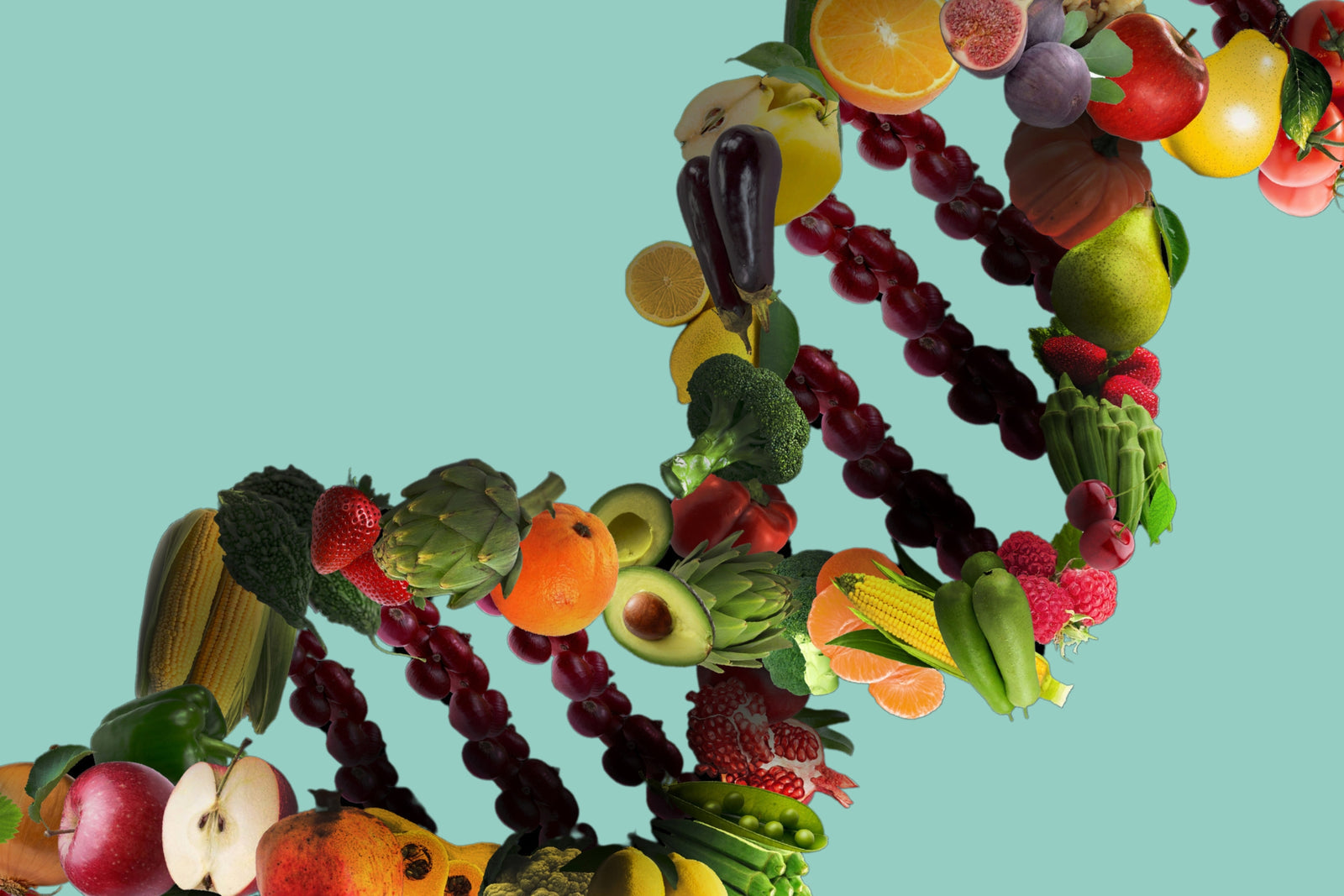PON1 and Antioxidant Protection: What Your Genotype Means for Heart Health
Antioxidants protect cells from oxidative stress caused by free radicals. Oxidative damage to lipids, especially low-density lipoprotein (LDL), contributes to arterial plaque and heart disease risk. The PON1 gene encodes an enzyme that travels with high-density lipoprotein (HDL) to help prevent LDL oxidation. Variations in PON1 can change how well this enzyme works. Understanding your PON1 genotype can help you fine tune diet, lifestyle, and discussions with your healthcare provider to support cardiovascular health.
How PON1 Influences Lipid Protection
PON1 is an antioxidant enzyme associated with HDL particles in the bloodstream. When PON1 activity is high, HDL more effectively protects LDL from oxidative modification. Lower PON1 activity means LDL is more vulnerable to oxidation, a step linked to arterial plaque formation and increased cardiovascular risk. Genetics can partially determine PON1 activity; however, lifestyle, diet, and environmental exposures also play important roles.
General Strategies to Support Antioxidant Defenses
- Emphasize a plant-forward diet rich in colorful fruits and vegetables to supply vitamins, polyphenols, and antioxidants.
- Choose heart-healthy fats such as extra-virgin olive oil, nuts, seeds, and omega-3–rich fish like salmon and sardines.
- Prefer whole grains, legumes, and viscous fibers to help blood lipids and support gut and metabolic health.
- Limit ultra-processed foods, fried foods, and excess added sugars to reduce inflammation and oxidative stress.
- Avoid smoking and minimize exposure to secondhand smoke and environmental pollutants.
- Exercise regularly, mixing aerobic and resistance training, while allowing adequate recovery.
- Prioritize sleep (7 to 9 hours nightly) and practice stress management such as mindfulness, deep breathing, or yoga.
- Discuss targeted supplements with your healthcare provider; options commonly considered include vitamin C, vitamin E, omega-3 fatty acids, coenzyme Q10, and viscous fiber supplements.
Suggestions for Blood Tests and Monitoring
- Routine lipid panel (total cholesterol, LDL, HDL, triglycerides) to monitor cardiovascular risk factors.
- High-sensitivity C-reactive protein (hs-CRP) or other inflammation markers if indicated by your clinician.
- Consider testing omega-3 index or vitamin D only when clinically appropriate and guided by your healthcare provider.
- Share genetic results with your provider to integrate genotype into your overall risk assessment and management plan.
Genetic Interpretations for rs662 (PON1 Q192R)
2 effect alleles (TT) — lower PON1 activity
You carry two copies of the effect allele associated with lower PON1 enzyme activity. This genotype may increase susceptibility to LDL oxidation over time, potentially elevating long-term risk for arterial plaque development.
What to emphasize
- Adopt a plant-forward, antioxidant-rich diet centered on colorful vegetables, berries, citrus, nuts, seeds, legumes, and whole grains.
- Use extra-virgin olive oil as your primary culinary fat and include fatty fish or algae-based omega-3 sources several times per week.
- Limit fried foods, ultra-processed items, and trans fats that increase oxidative stress.
- Quit smoking and avoid passive smoke exposure.
Supplements to discuss with your clinician
- Vitamin C and vitamin E for antioxidant support; dosing and safety should be reviewed with your provider.
- Omega-3 fatty acids (EPA and DHA) to support lipid health and reduce inflammation.
- Coenzyme Q10 for mitochondrial and antioxidant support, particularly if you take statins.
- Viscous fibers like psyllium to help manage LDL cholesterol.
Lifestyle focus
- Regular moderate-intensity aerobic exercise plus resistance training; allow adequate recovery to avoid overtraining.
- Stress reduction practices such as meditation, progressive muscle relaxation, or cognitive approaches to manage chronic stress.
- Optimize sleep quality and duration, aiming for 7 to 9 hours per night.
1 effect allele (GT) — moderate PON1 activity
You carry one copy of the effect allele and have moderate PON1 enzyme activity. Your antioxidant protection sits between lower and higher activity. Maintaining balanced antioxidant defenses is recommended.
Dietary priorities
- Eat a variety of colorful fruits and vegetables, including berries, leafy greens, and citrus for vitamins and polyphenols.
- Include extra-virgin olive oil, nuts, seeds, and omega-3 sources like salmon or walnuts.
- Choose whole grains and legumes for fiber and glycemic balance; limit processed and fried foods.
Supplements to consider with guidance
- Omega-3 fatty acids to support cardiovascular health.
- Vitamin C or vitamin E if dietary intake is inadequate; check with your provider for appropriate dosing.
- Viscous fiber supplements if you need additional LDL-lowering support.
Healthy habits
- Do not smoke, exercise regularly, and maintain a healthy weight.
- Manage stress and prioritize sleep to support recovery and antioxidant balance.
- Regular check-ups and lipid monitoring as recommended by your healthcare provider.
0 effect alleles (GG) — higher PON1 activity
You carry two copies of the non-effect allele associated with higher PON1 enzyme activity. This genotype suggests enhanced baseline antioxidant protection for lipids and a favorable contribution to cardiovascular risk profile.
How to maintain your advantage
- Continue a plant-rich, balanced diet with colorful fruits and vegetables, whole grains, legumes, and healthy fats like extra-virgin olive oil.
- Include regular sources of omega-3 fats and maintain an active lifestyle.
- Avoid smoking and minimize exposures that increase oxidative stress.
Ongoing care
- Keep up routine preventive care and periodic lipid testing as advised by your clinician.
- Use supplements only when needed and under the guidance of your provider.
- Maintain sleep, stress management, and exercise habits to preserve antioxidant capacity long term.
Integrating Genetics Into Your Health Plan
Your PON1 genotype is one piece of a larger picture that includes other genes, lifestyle, environment, and clinical risk factors. Use these genetic insights to prioritize antioxidant-supporting behaviors and to inform conversations with your healthcare team about targeted testing or interventions. Genetics can guide prevention but does not determine fate.
PlexusDx provides educational information about genetic predispositions and does not provide medical advice. Always consult your healthcare provider before making changes to your diet, supplement routine, or medical care. Discuss your genetic results with a qualified clinician to create a personalized plan that fits your overall health context.

Share:
Vitamin A | BCO1 (rs6564851)
Vitamin A | BCO1 (rs6564851)